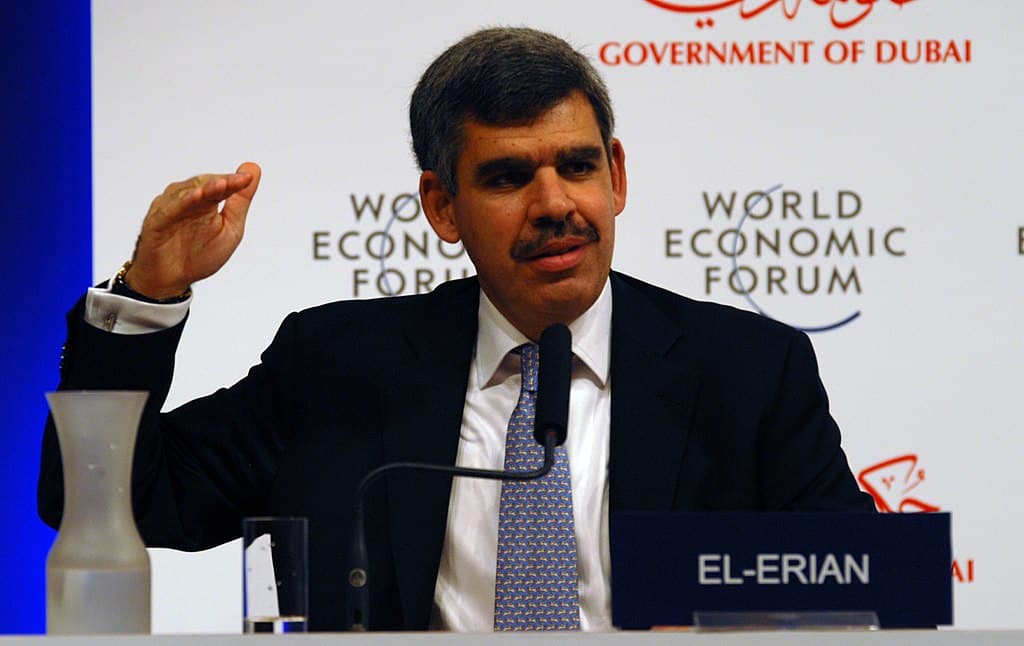Berkshire Hathaway’s AGM took place this week. On the podium for upwards of four hours, CEO Warren Buffett’s discussions were part financial report, part fatherly investing advice, and another part grandfatherly recounts of his past exploits.
“If you’d invested in American equity in 1955,” listeners were told, like children arranged in a circle under a lemon tree, “You’d have made 100x your money by today. So don’t worry about price fluctuations. Don’t try to out-fox the other guy. Just invest in good businesses.”
To paraphrase, “Invest in America, and it’ll all work out. Hell, you’ll do even better than Treasury Bonds!” That was the crux of it, anyway, delivered in a didactic tone only a living legend could get away with.
Yet even a living legend like Buffett has his critics. Most significantly, at Berkshire’s AGM Buffett admitted having to close positions in the four major American airlines. To all appearances this is an embarrassing error, giving his criticisms of the airline business as an investment in the past.
The firm also lost big on oil. As you can see, investing across the entire American economy has its drawbacks.
Beyond Berkshire Hathaway’s performance, however, there was one question on everyone’s lips: is Buffett bullish or bearish about the market today? After all, this is the man who famously told investors to “be greedy when others are fearful,” in the spirit of Baron de Rothschilds’, “Buy when there is blood in the streets.”
Looking past the “Invest in America” rhetoric, it’s clear that the current uncertainty is not to Buffett’s liking. Berkshire has been a net seller and doesn’t foresee any particular buying opportunities at prices they are offered today.
By way of explanation for this stance, Buffett said: “in 2009, you didn’t see all the problems on the first day… there are things that trip other things… we take a worst case scenario into account. ” It seems likely that Buffett is referring to how the volatility and disruption of a pandemic could cause a ripple effect that lasts longer than a few months. What is certainly clear is that Berkshire is prepared to face tough economic times. Watch this recording of the AGM from about 2 hours, 52 minutes to see the relevant quote.
Actions speak louder than words. In this sense, despite the homely rhetoric, Buffett’s position is more akin to Allianz Chief Economic Strategy Mohamed El-Erian, who is predicting the worst recession since the Great Depression.

But like Buffett, El-Erian’s chief message was uncertainty. The Fed, he pointed out, is “breaking all the rules” by financing a range of businesses. Will it be dragged into municipal bonds? What about state-backed pension funds?” We simply don’t know. The times are unprecedented.
It’s all well and good to buy and hold in 1955. But perhaps May 2020 won’t be such a fortuitous time to start.
It’s starting to feel trite now — as stock soars — but we are hoping for the best while considering the possibility things could get worse. Here are the 20 signs we’re looking for to signal the coronavirus crisis is really over.